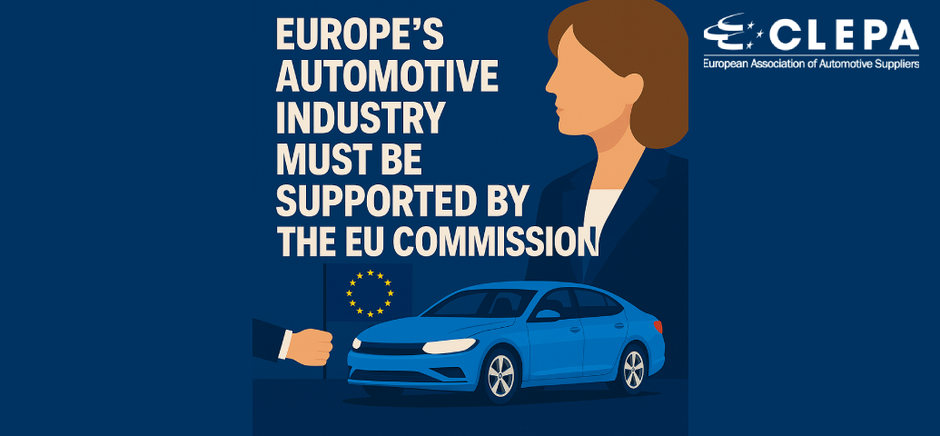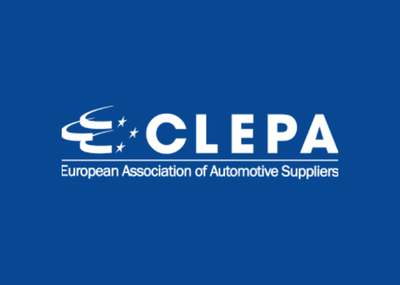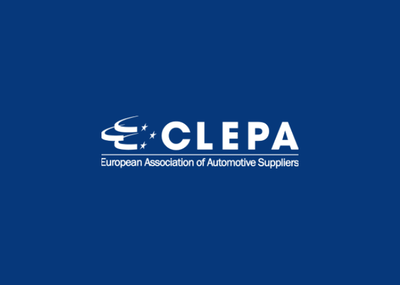The European automotive sector is at a decisive turning point. According to Benjamin Krieger, Secretary General of CLEPA, Europe must urgently manage its ongoing transformation, with the Strategic Dialogue with the European Commission seen as the last chance to correct course.
CLEPA is calling on the Commission to take greater account of the current realities of the industry and to move from discussion to implementation. Only through coordinated political and industrial action can Europe safeguard a competitive and sustainable industry and secure jobs for hundreds of thousands of Europeans.
The threats to automotive suppliers are real and immediate. Recent figures indicate that tens of thousands of jobs are at risk as factories close and investments stagnate. Competitiveness is under intense pressure, squeezed between escalating global trade disruptions, resource constraints, and internal challenges such as high energy costs, rising labor expenses, and a regulatory framework that often creates more complexity than investment certainty.
The challenge is not so much technological as strategic. Battery-electric vehicles will play a leading role in the future of mobility, but the transition must also include plug-in hybrids, more efficient combustion engines, range extenders, hydrogen solutions, and low-carbon fuels. A diversified technological pathway ensures innovation, investment, and feasibility.
The automotive industry itself is driving forward the development of battery-electric vehicles and continues to showcase innovations designed to strengthen Europe’s position in global competition and address the challenges of modern mobility. At the same time, the existing CO₂ regulation for light-duty vehicles, which foresees a ban on new combustion engines, must be reassessed in light of a rapidly changing context that highlights the potential and expertise of the European industry.
So far, the Strategic Dialogue has signaled intentions but produced little in terms of concrete measures. If political ambitions continue to outweigh practical steps, the region risks not only missing its decarbonization goals but also losing its industrial base. Several member states have already raised alarms, with even those that once fully backed a pure EV strategy now beginning to recognize the realities of their key industries and debating revisions to the combustion engine phase-out.
For the upcoming CO₂ revision, CLEPA calls for flexibility, industrial perspectives, and a market-oriented approach. These should form part of a broader reform agenda that strengthens the EU’s competitiveness as a hub for production, research, development, and investment, while also considering smart measures to safeguard know-how and manufacturing in Europe. Penalties and rigid mandates alone will not deliver the desired results; realistic framework conditions are essential to attract investment and foster growth.
Close cooperation with EU institutions will be critical to align ambitions with actions and secure a competitive and sustainable future for the automotive industry in Europe. The Strategic Dialogue is regarded as a last opportunity to make the necessary adjustments – failure could result in job losses and a weakening of industrial autonomy.
About CLEPA
CLEPA, the European Association of Automotive Suppliers, is based in Brussels and represents more than 3,000 companies – from multinational corporations to SMEs. Its members supply cutting-edge components and technologies for safe, smart, and sustainable mobility and invest over €30 billion annually in research and development.













